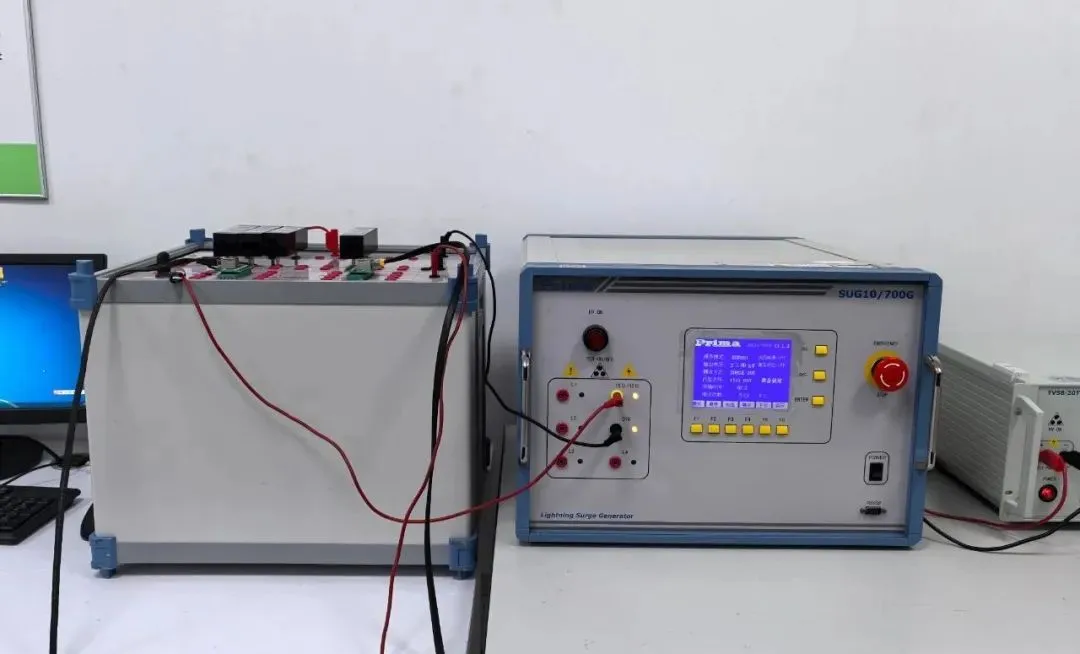
Button Battery UL4200A Certification
UL certification for button batteries primarily concerns product safety and compliance, especially in the U.S. market. Here is some key information regarding UL certification for button batteries:
UL Certification Standards
1. UL 4200A: This is a safety standard for consumer products containing button or coin batteries, mainly used to assess the risk of injury to children during use. This standard is enforced by the U.S. Consumer Product Safety Commission (CPSC) and is a mandatory safety standard for button battery products. It requires products to have child-resistant battery compartments, comply with childproof packaging standards, pass performance tests, and include specific warning labels.
2. ul 1642: This standard applies to small button batteries, covering the safety design, manufacturing process, and testing methods. While UL 4200a focuses more on the safety of consumer products, UL 1642 provides important guidelines for the safety of the button batteries themselves.
UL Certification Process
1. Application Form: Submit a detailed application form to the certification body, including information such as the manufacturer, product name, and address.
2. Providing Product Documentation: Prepare detailed technical specifications, design drawings, user manuals, and other related materials that meet the UL 4200A standard requirements.
3. Sending Samples: Send the product containing the button battery to the certification body for testing and evaluation.
4. Testing: The certification body will conduct tests based on the UL 4200A standard, including but not limited to drop tests, impact tests, and crush tests, to ensure the product meets the requiRED standards.
5. Issuing a Report: After the product passes the tests, the certification body will issue a ul 4200a test report or certification.
ul certification costs and Timeline
1. Costs: The cost of UL 4200A certification varies depending on the product, testing requirements, laboratory, and the chosen certification body. Generally, the fees include application fees, testing fees, and audit fees. Specific costs should be consulted with the certification body. It has been reported that typical costs range from $480 to $680, with a timeline of about five days, though this is just an approximate reference.
2. Timeline: The certification process usually takes about 5 to 7 working days, but the exact time may vary depending on specific circumstances. This timeline includes all steps from project application to the final issuance of the certificate. However, some reports suggest that the UL certification process typically takes 1 to 2 months, possibly including more preparation and review time.
Importance of Certification
1. For Manufacturers: Obtaining UL 4200A certification helps improve product safety and competitiveness, enhances consumer trust, and facilitates global sales.
2. For the U.S. Market: UL certification is an important mark of safety for electronic products, helping to protect consumers and the environment from potential safety risks.
Precautions
1. Understanding Requirements: When applying for UL 4200A certification, manufacturers should fully understand the relevant requirements and processes to ensure a smooth certification experience.
2. Clear Warning Labels: Products and packaging must include clear warning labels to alert consumers, especially children, to potential dangers.
3. Choosing the Right Certification Body: Selecting a qualified and reliable certification body and laboratory is crucial to ensure the accuracy and authority of the certification.
In conclusion, UL certification for button batteries is an essential step in ensuring product safety and compliance, holding significant importance for both manufacturers and consumers.
Email:hello@jjrlab.com
Write your message here and send it to us
 What is the EN 61326-2-3 Standard?
What is the EN 61326-2-3 Standard?
 Why Do Smart Sockets Need IEC 60884 Certification?
Why Do Smart Sockets Need IEC 60884 Certification?
 Why Retest the Device if the 5G Module Already Has
Why Retest the Device if the 5G Module Already Has
 Overview of IEC 62087 Test Standard
Overview of IEC 62087 Test Standard
 CISPR 25 Test Standard Compliance Guide
CISPR 25 Test Standard Compliance Guide
 IEC/UL/CSA 62368-1 Electrical Distance Testing
IEC/UL/CSA 62368-1 Electrical Distance Testing
 Canada Wireless Device IC Certification RSS-210 Te
Canada Wireless Device IC Certification RSS-210 Te
 FCC Part 15.231 for Wireless Remote Controls and S
FCC Part 15.231 for Wireless Remote Controls and S
Leave us a message
24-hour online customer service at any time to respond, so that you worry!




